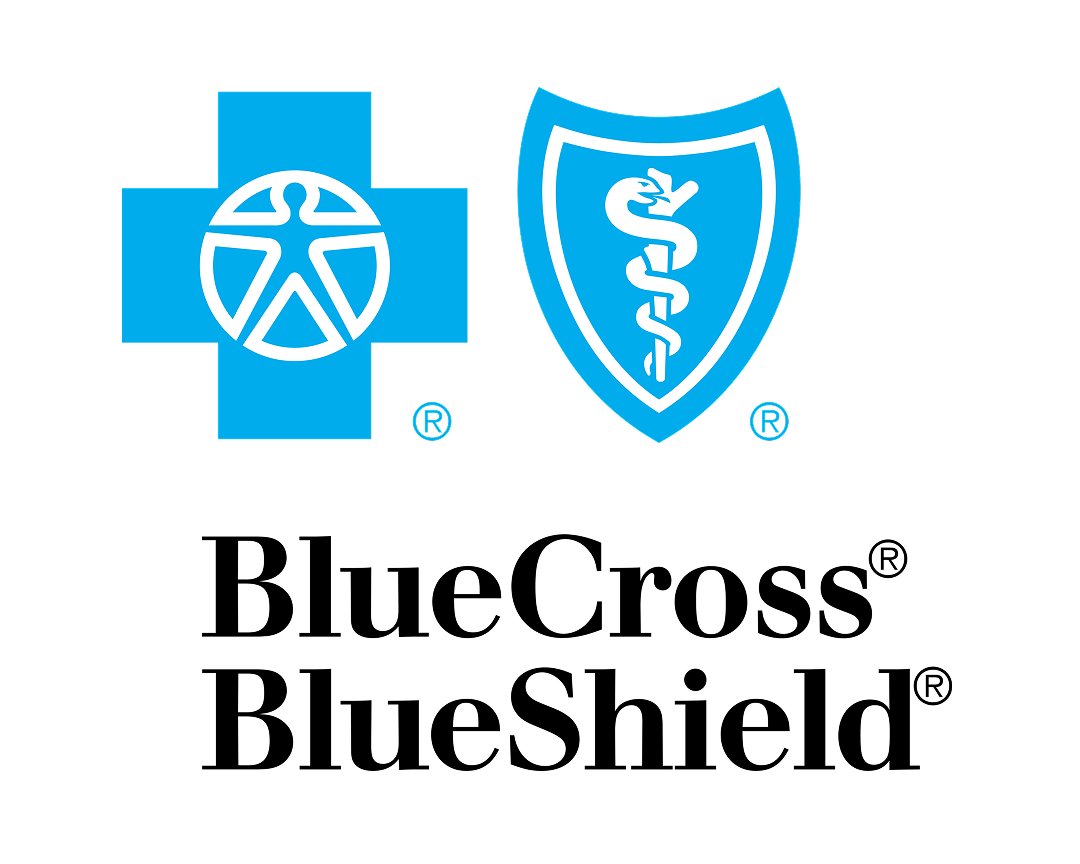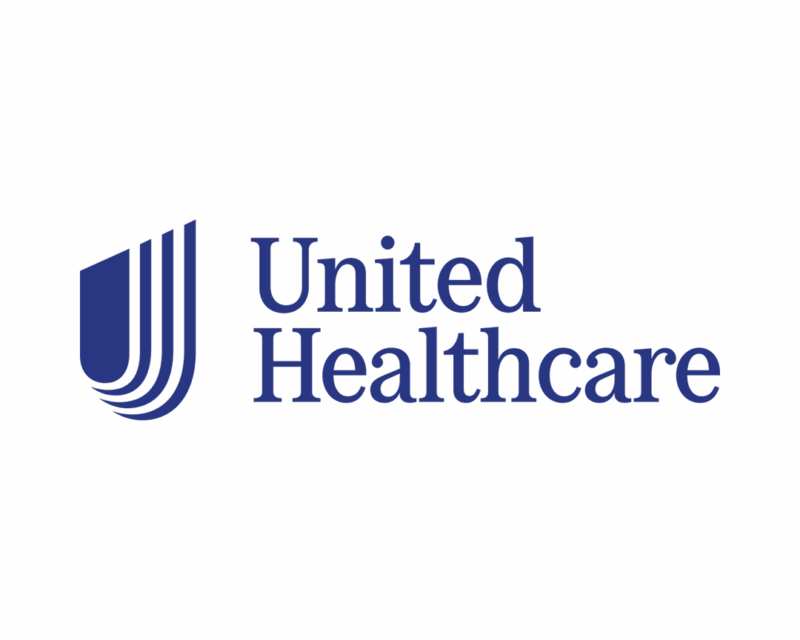
Written by Jennie Phipps
HealthCare Writer
We want to help you make educated healthcare decisions. While this post may have links to lead generation forms, this won’t influence our writing. We adhere to strict editorial standards to provide the most accurate and unbiased information.

Blue Cross Blue Shield Health Insurance Review: 2026 Update
Blue Cross Blue Shield (BCBS) remains one of the most recognizable health insurance brands in the U.S., offering a vast network, broad plan selection, and global coverage options.
Coverage AreasBCBS offers nationwide health coverage across all 50 states and D.C., including ACA, employer, student, Medicaid, and Medicare plans.
Plan TypesExplore flexible options for individuals, families, and retirees across the U.S. and abroad.
Key Takeaways
- Nationwide Reach: Only insurer with ACA and Medicare plans in all 50 states, D.C., and Puerto Rico, plus global access through BCBS Global and GeoBlue.
- Broad Options: Offers nearly every type of plan—ACA, Medicare Advantage and Medicare Supplement, Medicaid, employer, student, and short-term (varies by state)—with one of the largest provider networks.
- Things to Watch: Generally affordable with strong subsidies, but 2026 premiums are rising in some states, and service quality can vary by region.
Blue Cross Blue Shield (BCBS) Insurance Review
Blue Cross Blue Shield (BCBS) remains one of the most recognizable health insurance brands in the U.S., offering a vast network, broad plan selection, and global coverage options.
As of 2026, BCBS continues to operate through 36 independent and locally managed companies, insuring over 107 million Americans and maintaining a presence in every state, Washington, D.C., and Puerto Rico.
Pros and Cons
Pros
- Unmatched national and global coverage
- Broad plan selection for nearly every need and age group
- Strong financial stability (most entities rated A or better by AM Best)
- Extensive provider network and in-network hospital access
- Digital health tools, wellness programs, and member discounts
Cons
- Customer service and claims experience vary by region; some entities have high complaint rates
- Premiums and out-of-pocket costs may rise in 2026, especially in certain states
- Not all plan types (e.g., STM) are available everywhere
- For-profit vs. nonprofit status can impact local affordability and service
Coverage Area (2026)
United States
BCBS is available in all 50 states, Washington, D.C., and Puerto Rico, making it the only insurer with a truly national footprint for ACA-compliant plans.
International
Through BCBS Global and GeoBlue, members can access care while living, working, or traveling abroad, with a network of over 11,000 overseas providers and direct billing arrangements.
Provider Network
Accepted by 95% of doctors and 96% of hospitals nationwide.
Confused by health insurance terms and coverage?
Our simple Glossary makes it easy to understand.
Plan Types Offered (2026)
Under-65 (Individual & Family)
- ACA Marketplace Plans
Available in 32 states and D.C., with Bronze, Silver, Gold, and Platinum tiers, including both PPO and HMO options. Some states offer additional plan variations like Trio HMO and enhanced cost-sharing reductions. - Short-Term Medical (STM)
Availability varies by state; not all BCBS entities offer STM plans. - Employer-Sponsored Plans
Offered nationwide, including large and small group coverage, with customizable benefits for employers of all sizes. - Student Health Plans
BCBS remains a leading provider for university-sponsored student insurance, such as the Anthem Blue Cross plan for California State University, Fullerton. - Medicaid
Participation in Medicaid programs varies by state, but most BCBS entities offer Medicaid managed care options.
Medicare (65+)
- Medicare Advantage
Blue Cross Blue Shield (BCBS) Medicare Advantage plans include: BlueCrossHMO, PPO, and Special Needs Plans (SNPs), including DSNPs for dual eligibles, CSNPs for chronic conditions, and ISNPs for institutional care. - Medicare Supplement (Medigap)
Standardized Medigap plans fill Original Medicare gaps, with some plans branded as BlueStages.- Learn more about these plans in our latest BCBS Medicare Supplement Review, from MedicareGuide, our other educational resource website.
- Part D Prescription Drug Plans
Offered in many states, often bundled with MA or Medigap coverage. - Retiree Group Medicare
Group Medicare Advantage and PDP plans for employer and union retirees.
A team of licensed insurance agents are here to help you compare plans
Recent Changes in Cost and Options (2026)
BCBS plans for 2026 include proposed premium rate hikes, modest out-of-pocket costs, updated Medicare Advantage copays, expanded digital tools and benefits, and renewed provider networks.
- Premiums and Rate Changes: BCBS entities have requested notable rate increases for 2026, such as a proposed 13.7% hike in Vermont. Actual costs will vary by state, plan, and enrollee circumstances.
- Out-of-Pocket Costs: BCBS ACA plans generally feature lower deductibles than some competitors (e.g., average individual deductible $3,939 vs. $5,880 for Aetna), but monthly premiums remain slightly above the market average ($561 individual, $2,015 family).
- Medicare Advantage Updates: Some MA plans have adjusted copays (e.g., emergency room copay rising from $125 to $140 in certain markets), but diagnostic radiology copays have decreased. Expanded supplemental benefits and specialized SNP offerings are increasingly available.
- Plan Enhancements: Many BCBS plans now include digital health tools, telehealth, wellness programs, and Blue365 member discounts on health-related products and services.
- Network Agreements: BCBS continues to renew and expand provider contracts, such as the two-year extension with SSM Health in Oklahoma, ensuring broad in-network access.
Consumer Experience Snapshot
Complaint Index
Varies by state and entity; some BCBS units have below-average complaints, while others (as reflected in online reviews) face criticism for claims processing and customer support delays.
Satisfaction Scores
BCBS scored 75/100 in the most recent ACSI survey, an improvement over prior years.
Methodology
Our Health Insurance Rating Methodology scores insurers across five main categories, each rated on a scale of 1 to 10, with 10 being the best. The overall score is the average of these five categories: Coverage Breadth and Accessibility, Plan Variety and Customization, Affordability and Value, Innovation and Care Quality, and Consumer Experience and Transparency.
Coverage looks at factors like how widely an insurer operates, whether it offers Medicare and Medicaid, emergency coverage abroad, and the size of its provider network. Plan variety considers the types of plans offered (like HMO, PPO, or Medigap), extra benefits (like dental or vision), and support for special groups like students. Affordability focuses on premiums, deductibles, financial protections, and pricing stability. Innovation and quality cover mental health access, coordinated care, wellness tools, and efforts to address social health factors. Finally, the consumer experience rating reflects how easy it is to compare and enroll in plans, handle claims or appeals, and use the insurer’s online tools, along with how often customers file complaints.
Bottom Line
Blue Cross Blue Shield remains a top-tier choice for consumers seeking national reach, plan variety, and global coverage. While affordability and consumer experience can vary by region, BCBS’s broad offerings and robust provider network make it a leading option for both under-65 and Medicare-eligible Americans in 2026.
Disclaimer
The views and opinions expressed are those of the authors and do not necessarily reflect the official policy or position of HealthCareInsider.com or HealthCare, Inc.
Thank you for your feedback!








